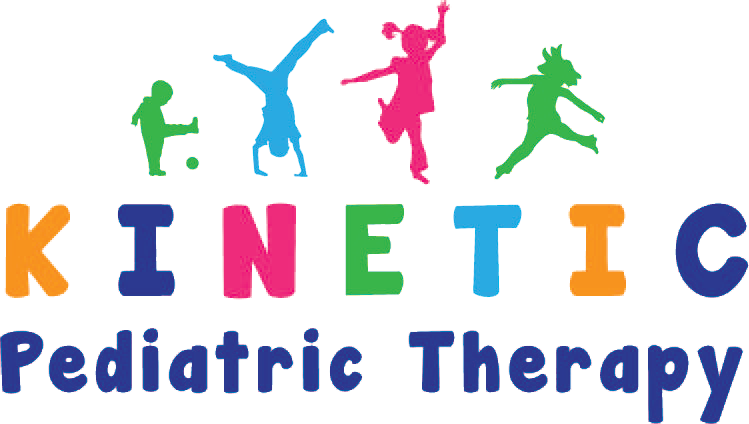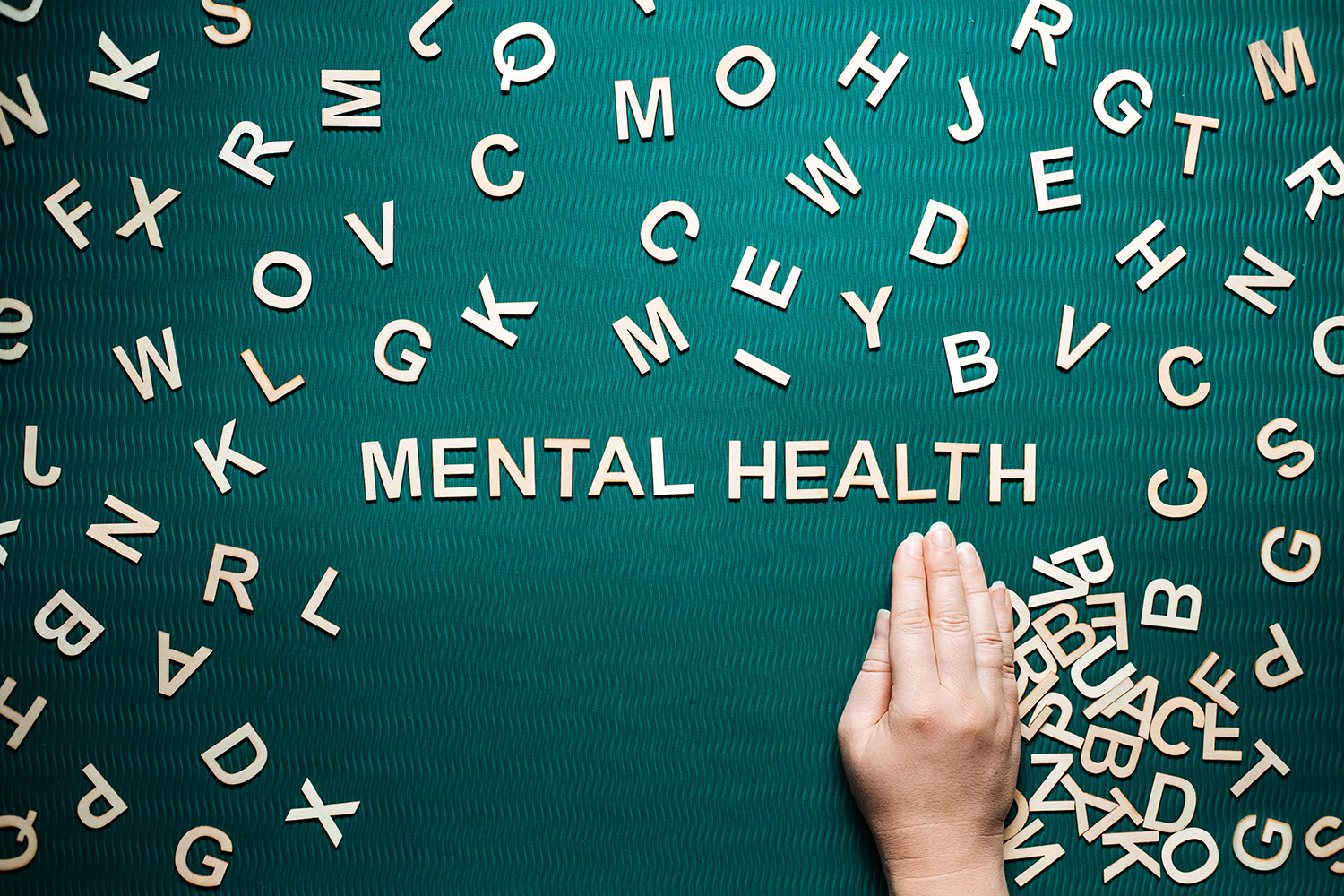
How Mental Health Counseling in Schools Enhances Emotional Regulation and Behavior Management
Emotional regulation and behavior management are critical components of a child’s ability to succeed both academically and socially. Students who struggle with impulse control, frustration tolerance, or emotional outbursts often face challenges in the classroom, on the playground, and during peer interactions. These difficulties can hinder learning, strain relationships, and impact self-esteem. Fortunately, school-based mental health counseling plays a transformative role in helping children develop the skills they need to navigate emotions and manage behaviors effectively. Through personalized support and evidence-based strategies, counselors empower students to build emotional awareness, practice self-control, and foster healthier school experiences.
Why Emotional Regulation and Behavior Management Matter in Schools
Emotional regulation and behavior management affect every part of a student’s day—from the ability to sit still during instruction to how they respond to disappointment or conflict. When students cannot regulate their emotions, they may exhibit behaviors such as yelling, withdrawing, physical aggression, or complete shutdowns. These behaviors are often misunderstood as defiance or laziness, when in reality, they are signals of unmet emotional needs. School-based mental health counseling provides a safe and supportive environment where these needs are addressed, helping students move from reactive behavior to thoughtful response.
Emotional Regulation and Behavior Management Through School-Based Mental Health Counseling
Counselors who provide school-based services are uniquely positioned to support emotional regulation and behavior management because they work closely with students throughout their educational day. They observe emotional triggers in real-time, intervene in moments of stress, and teach practical strategies that students can apply immediately. Whether a child needs help managing anxiety during a test or coping with frustration on the playground, contract mental health counseling equips them with tools to self-regulate and thrive.
Teaching Self-Awareness as the First Step in Emotional Regulation and Behavior Management
The foundation of emotional regulation and behavior management is self-awareness. Students must first learn to identify their emotions and recognize how those emotions affect their thoughts and actions. Through age-appropriate discussions, visual aids, and reflective exercises, school counselors help children name their emotions and understand what triggers them. Activities like mood journaling, emotion wheels, and body mapping give students language and insight into what they’re feeling—turning vague sensations into identifiable experiences that can be addressed through coping skills.
Building Coping Strategies to Manage Big Emotions
Once students can recognize their emotions, the next step in emotional regulation and behavior management is learning how to respond to them. School-based counselors introduce coping techniques such as deep breathing, grounding exercises, progressive muscle relaxation, and visualization. These strategies give students the power to calm themselves when they feel overwhelmed. Contract mental health counseling professionals also work with teachers to create calming corners or break passes, giving students space to regulate before returning to class activities.
Helping Students Develop Impulse Control in Real Time
Impulse control is a frequent challenge for students with ADHD, anxiety, or trauma histories. They may act without thinking, interrupt frequently, or struggle with turn-taking. Emotional regulation and behavior management strategies from mental health counselors focus on slowing down reaction time through simple, repeatable routines. Role-playing, social stories, and stop-think-act visual prompts help students pause, evaluate their choices, and respond appropriately. A contract mental health counseling provider may also offer small group sessions where students can practice these skills in low-stakes environments with supportive peers.
Teaching Problem-Solving and Conflict Resolution
Another key component of emotional regulation and behavior management is helping students resolve conflict constructively. Mental health counselors teach students how to articulate their needs, listen to others, and negotiate solutions. This includes learning scripts for asking for help, expressing boundaries, and using “I” statements to communicate feelings. When students are equipped with problem-solving strategies, they’re more likely to manage disagreements without resorting to aggressive or disruptive behavior.
Collaborating with Teachers for Consistency and Support
To reinforce emotional regulation and behavior management, it’s essential for strategies to be carried over into the classroom. Contract mental health counseling professionals collaborate with teachers to create behavior support plans, establish consistent routines, and implement visual aids that support emotional learning. Counselors may provide training on de-escalation techniques, praise strategies, and redirection methods so that students receive the same support from all adults in their learning environment.
Engaging Families in Behavior Support
Students make the most progress when their support systems work together. School-based counselors involve families in the process of emotional regulation and behavior management by offering communication tools, parent coaching, and take-home strategies. By aligning home and school approaches, contract mental health counseling creates a consistent, nurturing environment that reinforces skill-building across all settings.
Supporting Students with IEPs or 504 Plans
For students with IEPs or 504 plans, emotional regulation and behavior management goals are often written directly into their individualized support documents. Mental health counselors contribute essential insight into how these goals are created, implemented, and measured. A contract mental health counseling provider ensures the emotional and behavioral components of a student’s plan are aligned with their academic expectations and are tailored to support long-term growth and success.
Reducing Suspensions and Improving School Climate
When schools focus on emotional regulation and behavior management, they often see a decrease in disciplinary referrals, suspensions, and classroom disruptions. Students become more self-aware, more accountable, and more equipped to engage with others respectfully. The impact reaches beyond individual students—school climate improves, peer relationships strengthen, and teachers feel more supported in managing classroom dynamics. Contract mental health counseling helps create a school-wide culture of emotional safety and mutual respect.
The Long-Term Value of Emotional Regulation and Behavior Management Support
Emotional regulation and behavior management are foundational life skills that students carry with them long after they leave the classroom. By learning how to manage their emotions and respond to challenges with confidence and control, students experience academic success, healthier relationships, and stronger mental well-being. Contract mental health counseling services provide the structure, guidance, and compassion necessary to build these essential skills. When schools invest in emotional and behavioral support, they’re not just improving the present—they’re shaping a more resilient, empowered generation of learners.
🧠 Empower your students with personalized behavioral support! Kinetic Pediatric Contract Therapy offers tailored Behavioral Therapy services to schools across North Carolina, helping children thrive both academically and socially. Our expert therapists work closely with educators and families to address emotional, social, and behavioral challenges, ensuring each child receives the care they need to succeed. 🌟 Let’s create a positive learning environment together—contact us today to bring our Behavioral Therapy services to your school and support every student’s success!
Please Share




